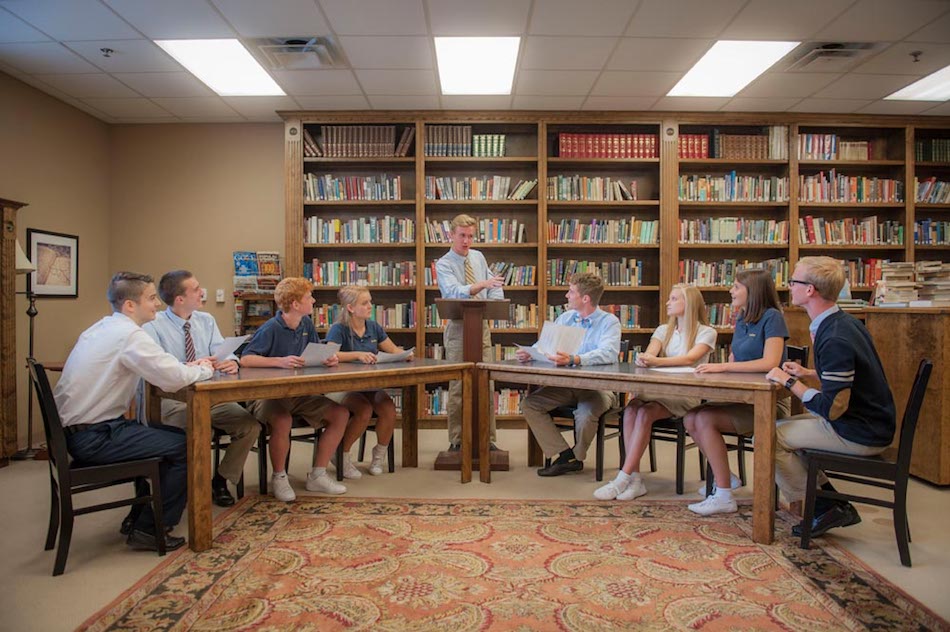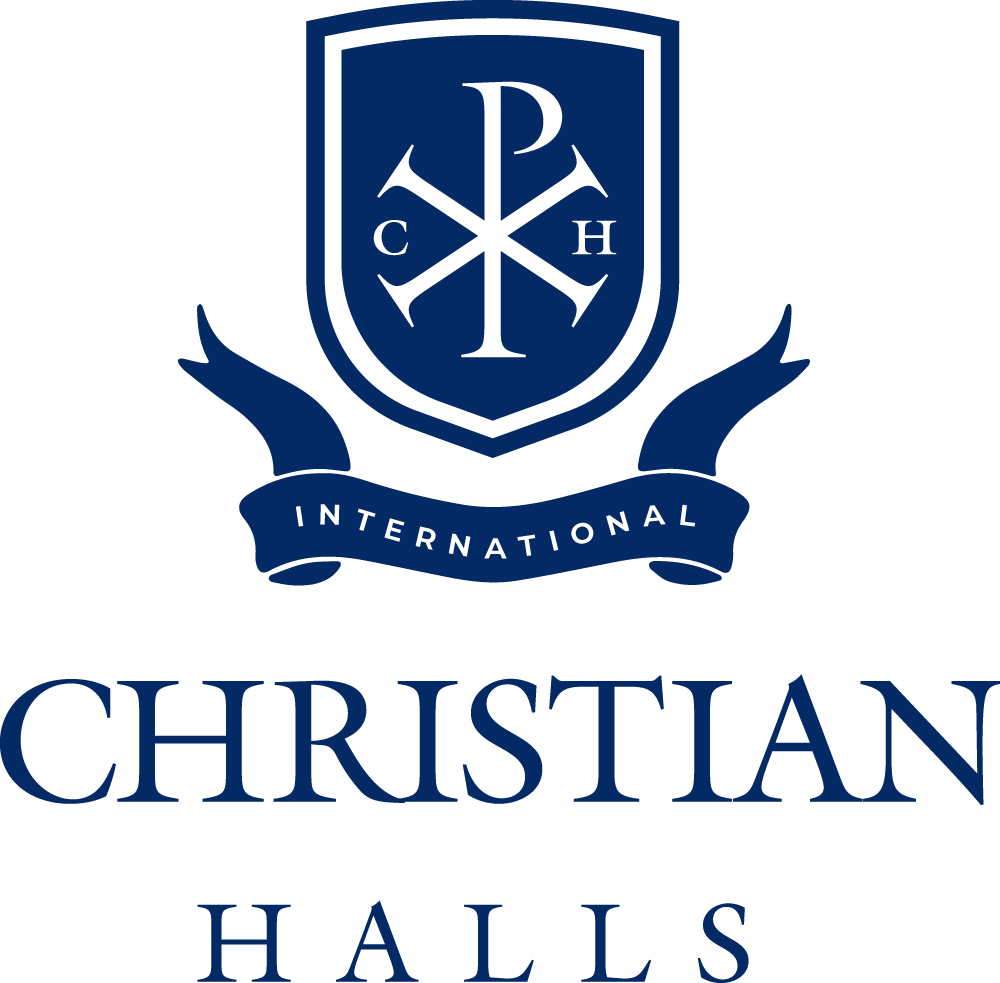By Dr. Nicholas Ellis
Founder and CEO of Christian Halls International, Doctor of Philosophy, University of Oxford
A growing number of classical Christian schools are adding “Tutorial” to the class schedule. So, what is it and why do we want it?
While we can’t recreate the full Oxford experience at our local classical Christian school, we can apply some principles. Tutorials involve small groups—often just one or two students—meeting weekly with a “tutor.” Instead of passively absorbing lectures, students dive into foundational questions, engage in independent research of great thinkers, or write essays and then defend their ideas. This isn’t about memorizing facts; it’s about personal formation while wrestling with the big questions—and a chance to step into a learning environment that is deeply human.
The tutors don’t just teach—they challenge, probe, and guide. This fosters critical thinking and self-discipline, skills that ripple beyond the classroom. It’s no wonder American students who visit Oxford describe it as life-changing, preparing them not just for careers but for meaningful lives. We want to think through how to bring some of these same benefits to our students.
Christian Halls International (CHI) – Bringing Oxford’s Tutorial Model to American Communities
Now, picture a modern twist on this timeless model. CHI was founded in 2018, based on my experience as a former Oxford student and tutor, to reimagine education by blending Oxford-style tutorials with accredited online degrees. CHI creates partnerships between selected universities and local communities of tutors to build a network of “Christian Halls”—small, in-person cohorts led by experienced tutors, such as industry professionals or elders like retired pastors. These halls create a learning experience that’s both academic and relational, and more importantly, allow students to continue living and working in their communities, while offering mature adults the opportunity to pour back into the next generation of students. Students can work toward vocational certifications, associates degrees, and undergraduate or graduate degrees.
So, what’s a day like for a student? Take Sarah, pursuing a humanities degree. Her morning might start with watching an online lecture from a professor at Southeastern University, one of CHI’s partner universities, or in researching and writing a long-form essay. By afternoon, Sarah will head to a local coffee shop or church to meet with a tutor—a former Great Books professor in her town who has a knack for connecting ideas with Christian discipleship. Together, they debate the key question Sarah is researching, both weaving in biblical perspectives and challenging each other’s assumptions. The tutor—who is trained and certified by CHI and works at the local Hall—pushes Sarah to explain her reasoning, sparking “aha” moments that make the subject come alive. Later, Sarah will present her work to a group of students and tutors for critical review, before submitting to the University for assessment and grading.
CHI’s model is innovative, bridging the gap between digital learning and personal mentorship. Tutors are experts in their fields, and they don’t just affirm; they challenge students to think deeply, fostering intellectual and spiritual growth. With approximately 200 current Halls across North America and a growing body of local tutors and students, CHI is proving that education can be both accessible and transformative. ✤
Visit Christian Halls International at ChristianHalls.org to find a Hall or learn more. To learn more about building a local Christian Hall for your community, talk to a representative—they’ll help you flesh out an academic program plan, find and certify tutors, and create a student recruitment plan based on your goals and location.











